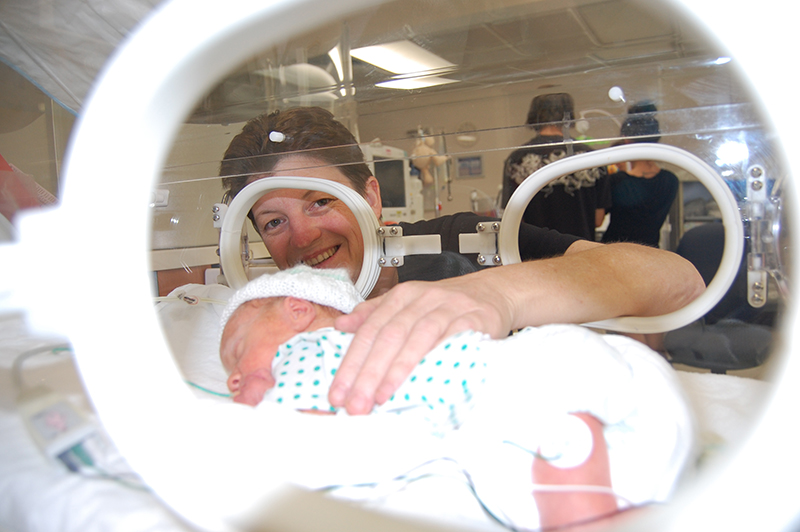Search
Showing results for "lung disease preterm"
Research
Pulmonary Gas Exchange Improves over the First Year in Preterm Infants with and without Bronchopulmonary DysplasiaRight shift of the peripheral oxyhaemoglobin saturation (SpO2) versus inspired oxygen pressure (PIO2) curve is a sensitive marker of pulmonary gas exchange. The aim of this study was to assess the impact of prematurity and bronchopulmonary dysplasia (BPD) on gas exchange and right-to-left shunt in the neonatal period, and its evolution over the first year of life.
Research
Impact of lung disease on respiratory impedance in young children with cystic fibrosisThe present study investigated whether lung function measured by forced oscillation technique would be impaired in the presence of infection,...
Research
Bronchopulmonary dysplasia: Rationale for a pathophysiological rather than treatment based approach to diagnosisThis review describes the evolution of bronchopulmonary dysplasia definitions, evaluates the benefits and limitations of each approach

Research
PREDICT CF: Assessing the role of lung clearance index in predicting disease progression in children with cystic fibrosisThere is increasing evidence that the assessment of ventilation distribution using the multiple breath washout (MBW) technique is sensitive to changes in disease status of children with cystic fibrosis.
Research
Biomarkers to define the treatment end-point for pulmonary exacerbations in cystic fibrosisAdvances in our understanding of early cystic fibrosis lung disease led by the Australian Early Surveillance Team for Cystic Fibrosis (AREST CF) have also indicated the potential utility of a number of biomarkers for monitoring disease severity.

Research
The clinical utility of lung clearance index in early cystic fibrosis lung disease is not impacted by the number of multiple-breath washout trialsThis study aimed to determine if relationships between LCI and clinical outcomes of CF lung disease differ when only two acceptable MBW trials are assessed.
Research
Lung function in African infants: A pilot studyUnsedated infant lung function measures of tidal breathing, MBW, and eNO are feasible in a semi-rural African setting

The Chronobiology team works to understand the factors that contribute to poor lung and heart function in newborn infants and find ways to prevent heart and lung disease.
